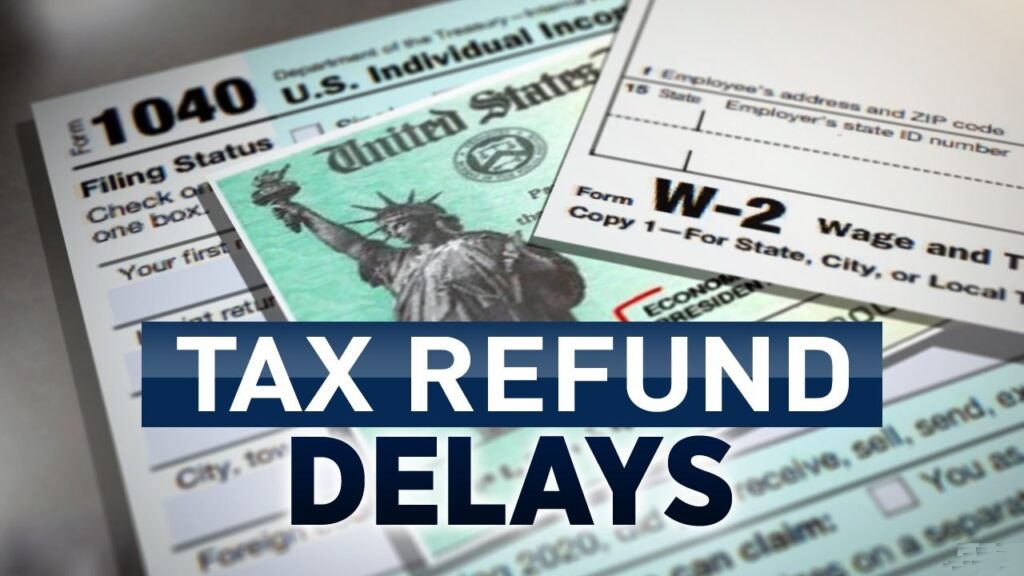
It’s been almost four months since the filing deadline for your 2020 tax return, and you haven’t gotten your refund check yet.
- Should you be worried? Not necessarily.
- What should you do? Probably nothing.
- What can you do? Probably nothing.
Are you alone? Absolutely not. According to the Internal Revenue Service, as of Sept. 4, there were still 8.5 million returns waiting to be processed.
The IRS has been working through a backlog of returns that need manual review. As of mid-June, it had received 152,465,000 returns and processed 141,032,000 of them. More than 104 million filers were issued refunds totaling almost $285.5 billion.
But you’re wondering where your refund is and what happened to your return. Which, of course, you filed on or before May 17.
Returns are opened in the order they’re received. So if you didn’t get yours in until that May 17 deadline, you’re at the back of the line.
According to the IRS, it has been “opening mail within normal time frames,” and all the returns it received either electronically or by mail before April have already been processed “if the return had no errors or did not require further review.”
That’s one possible holdup. You might have made a mistake on your return. In many instances, even if you have — like errors in the Earned Income Tax Credit or the Additional Child Tax Credit — the IRS doesn’t need to contact you, but mistakes “do require special handling by an IRS employee.” And that could delay your refund by “more than 21 days … and in some cases, this work could take an extra 90 to 120 days.”
Yikes. That’s 3-4 months.
Why are returns delayed?
In a typical year, the IRS generally issues refunds in less than 21 days. According to its website, however, processing delays due to the COVID-19 pandemic means additional delays, particularly for people who submitted paper copies of their returns and e-filed 2020 tax returns that require review.
“It is taking the IRS more than 21 days to issue refunds for some 2020 tax returns that require review including incorrect Recovery Rebate Credit amounts, or that used 2019 income to figure the Earned Income Tax Credit and Additional Child Tax Credit,” the IRS said.
In general returns will likely be delayed if it:
- Includes errors, such as incorrect Recovery Rebate Credit
- Is incomplete
- Needs further review in general
- Is affected by identity theft or fraud
- Includes a claim filed for an Earned Income Tax Credit or an Additional Child Tax Credit.
- Includes a Form 8379, Injured Spouse Allocation, which could take up to 14 weeks to process.
And if the IRS needs more information from you, you’ll get a letter. In the mail. Another added delay.
If you don’t get a letter asking for more info, chances are there’s nothing more you need to do. Or can do. Except for wait.
The more returns that need correcting, the longer it’s going to take. And the IRS “is having to correct significantly more errors on tax returns than in previous years.” As of May 1, there were 9.8 million returns that need to be corrected, the most ever in a single year. That number was down to 780,000 by Sept. 4.
You can check Where’s My Refund? to find the status of your return. It will tell you if the IRS has received your return and whether it is being processed or reviewed.

